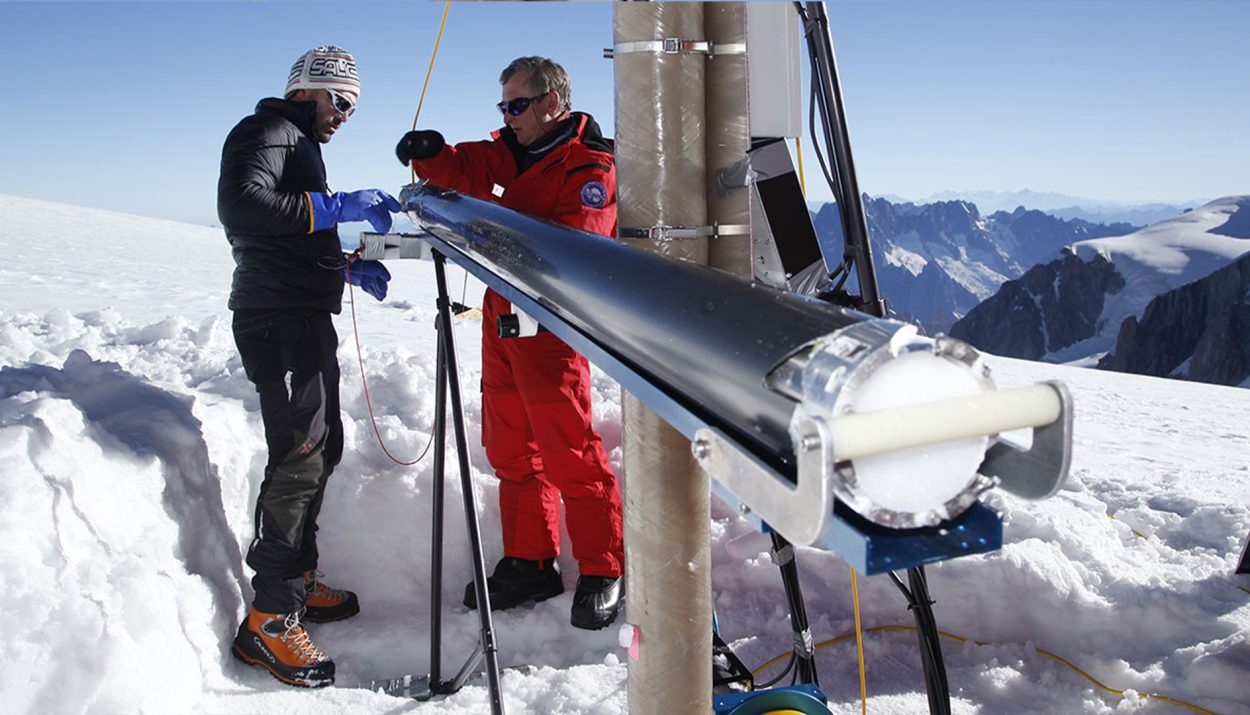As the Earth continues to warm at an alarming rate, the effects on our planet’s glaciers have become impossible to ignore. Scientists, having detected significant changes in the chemical signatures within glacier ice, warn of losing critical climate data stored for millennia.
This trend is just the tip of the iceberg, highlighting broader environmental issues, from rising sea levels to the urgent need for renewable energy adoption.
The Rapid Melting of the Corbassière Glacier in Switzerland Poses a Threat
Researchers from the Ice Memory Foundation have noted a rapid melting of the Corbassière glacier in Switzerland, which poses a significant threat to its role as a historical archive for atmospheric data.
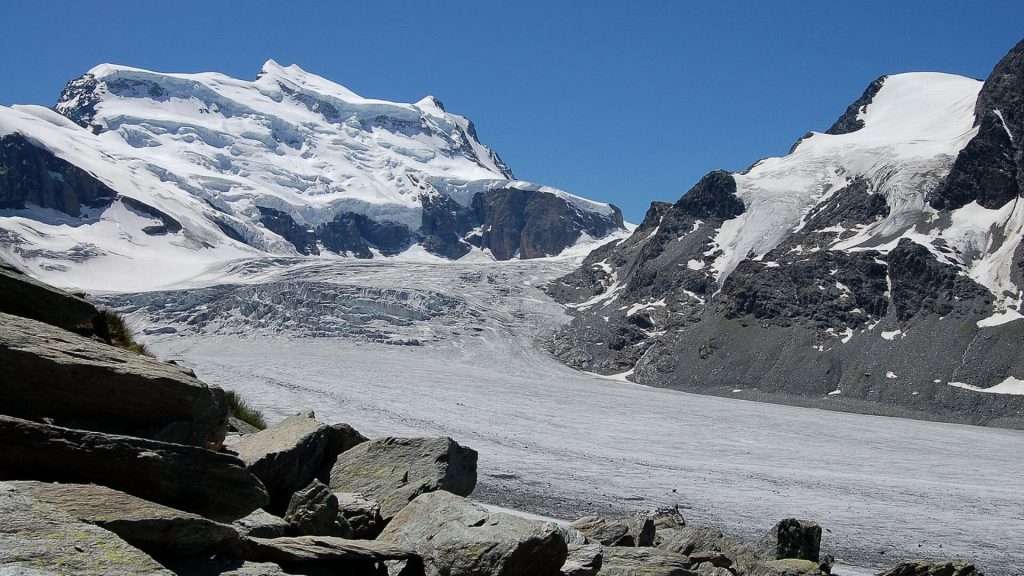
The study, published in Nature Geoscience, reported that “some of the expected chemical signatures were missing” in the ice samples collected in 2020. Scientists believe this discovery could undermine our ability to understand past climate conditions.
The Loss of Crucial Climate Data and Why Scientists Are Concerned
This data loss is especially concerning because it impacts our ability to make informed predictions and policy decisions about combating climate change.
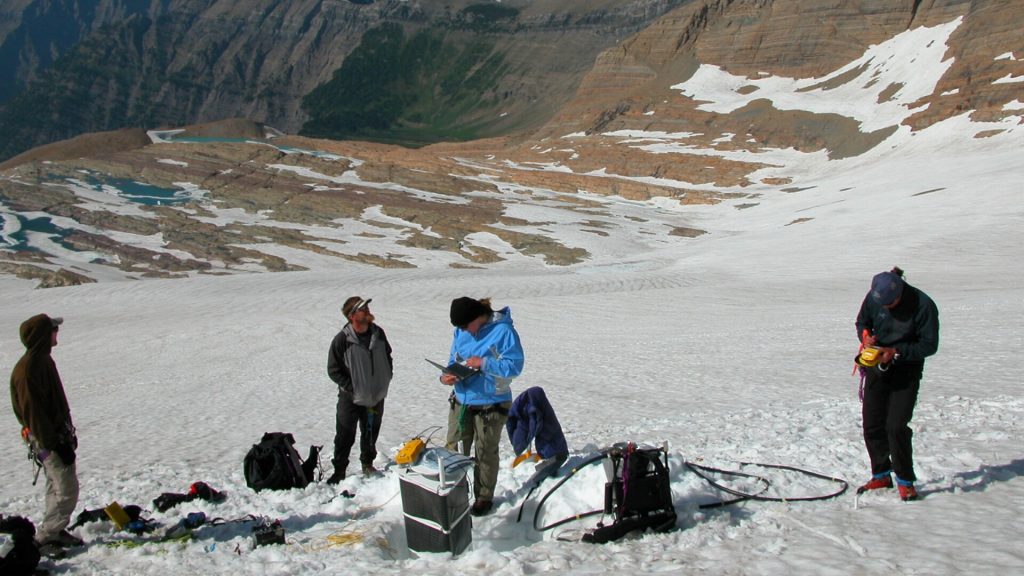
This discovery, observed in samples collected in 2020, suggests that rapidly melting glaciers, a direct consequence of escalating global temperatures, may no longer serve as reliable archives for past atmospheric conditions.
68% of Glaciers Expected to Disappear by 2100
A study by Earth.org published in 202 projected that 68% of glaciers worldwide could vanish by 2100, a stark warning sign of the profound impact of climate change. This rapid loss of glacial ice threatens the delicate balance of ecosystems and poses significant risks to human populations that rely on glaciers for freshwater resources.
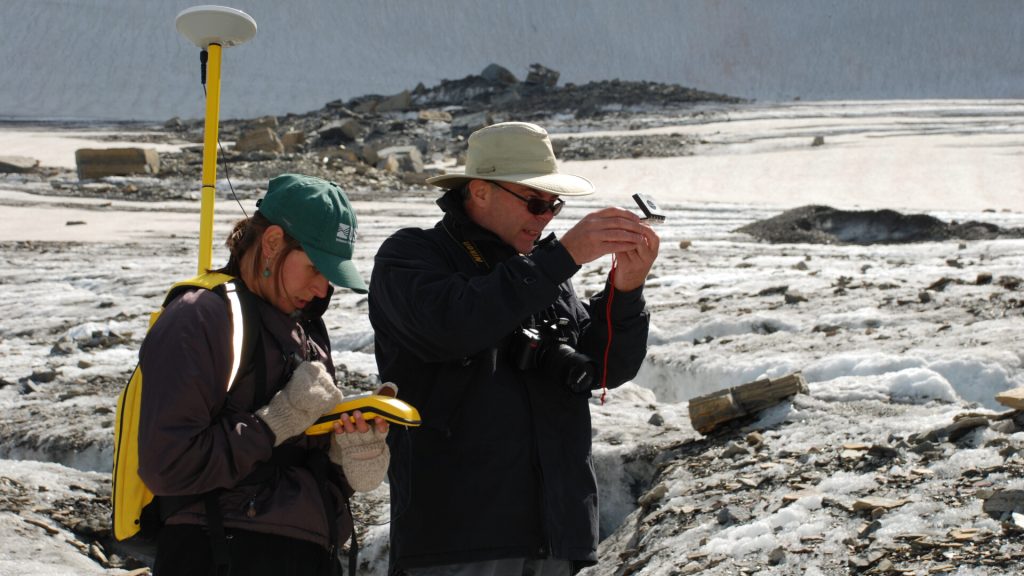
As temperatures continue to rise, glaciers are melting at an alarming rate, contributing to rising sea levels and altering weather patterns across the globe. Urgent action is needed to mitigate the effects of climate change and preserve these vital natural resources for future generations.
The Ice Memory Foundation’s Urgent Call
The Ice Memory Foundation emphasizes the critical role of ice cores, such as those retrieved from the Corbassière glacier, in advancing scientific knowledge and informing sustainable policies.
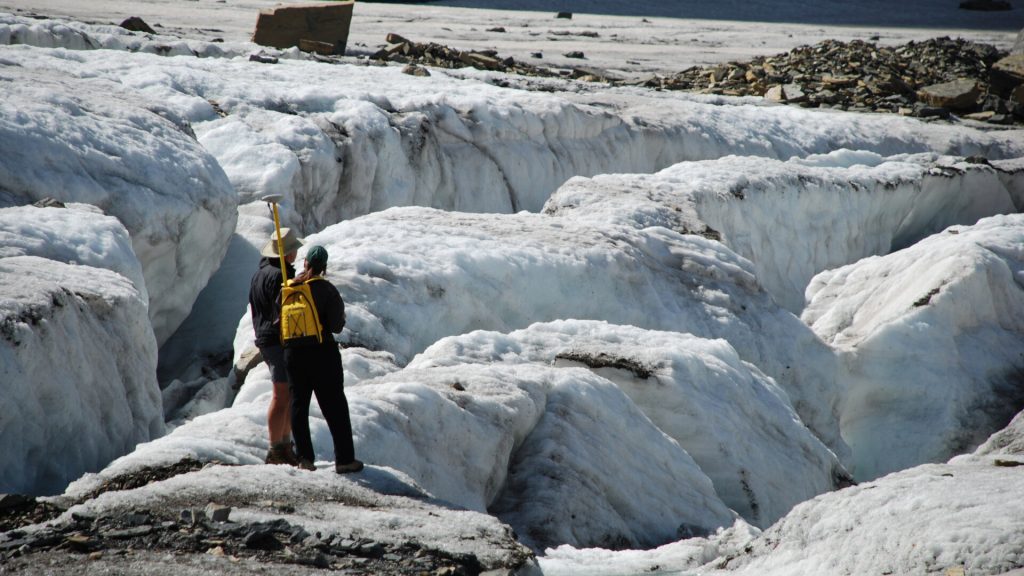
However, this essential resource faces significant challenges, with projections painting a concerning picture of glaciers globally.
Rising Seas, Rising Concerns
Scientists have warned about the consequences of glacier melt on global sea levels. According to their research, the continued melting of glaciers worldwide will cause a dramatic rise in sea levels, which could displace millions of people living in coastal areas.
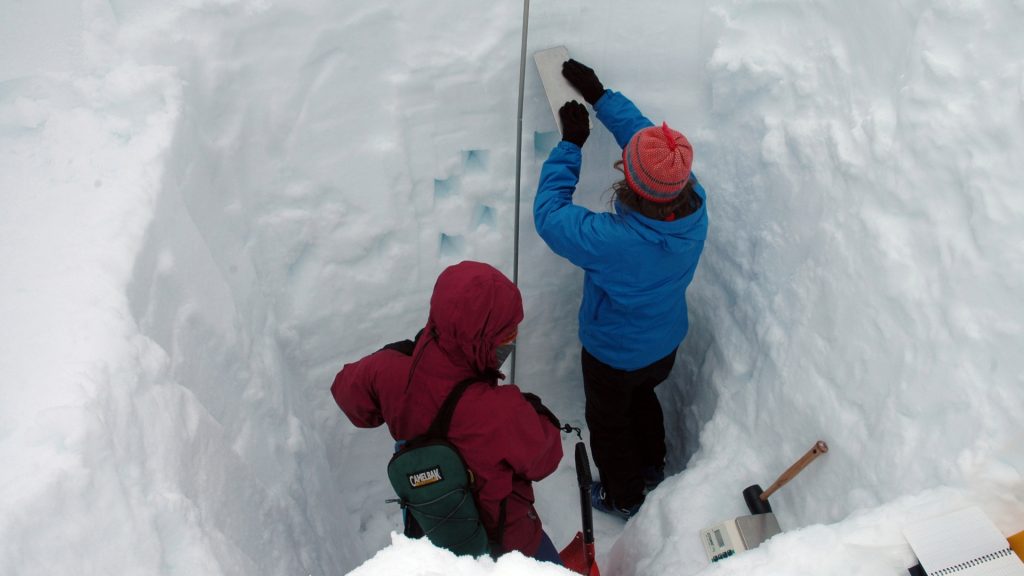
Rising sea levels have far-reaching implications, affecting not only those in immediate danger of displacement but also the global economy and ecosystem balance.
Unplug “ Energy Vampires”
Individuals can take action to reduce their carbon footprint, such as unplugging unused electronic devices (referred to as “energy vampires”) and avoiding single-use plastic bottles.
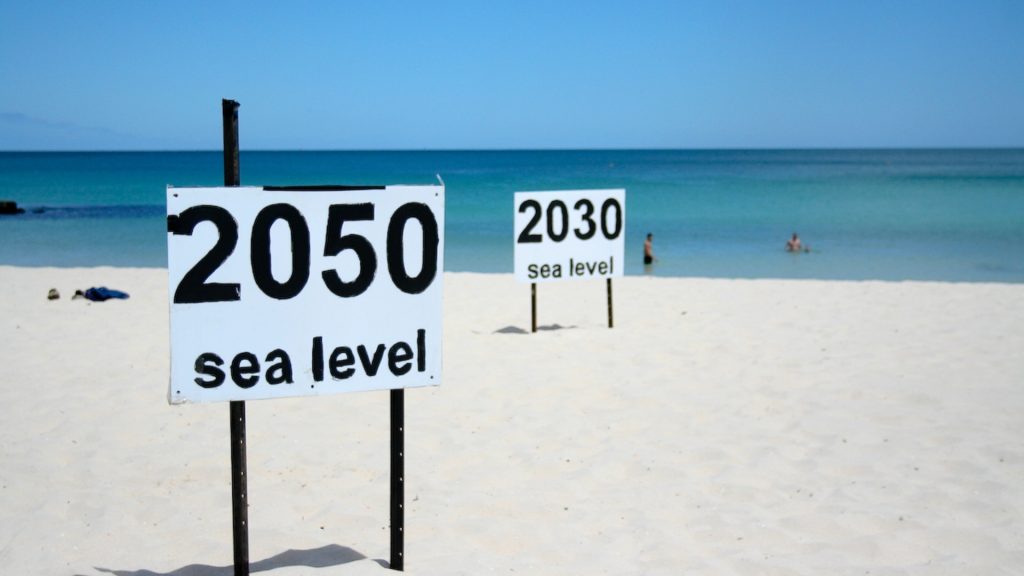
These actions, while small, can collectively lead to significant reductions in carbon emissions.
Making Clean Energy Accessible to Consumers
Environmental experts encourage Americans to embrace clean energy solutions in light of the United States’ Inflation Reduction Act. They highlight the act’s provisions that make it easier and more affordable for consumers to adopt clean energy technologies, such as solar panels.
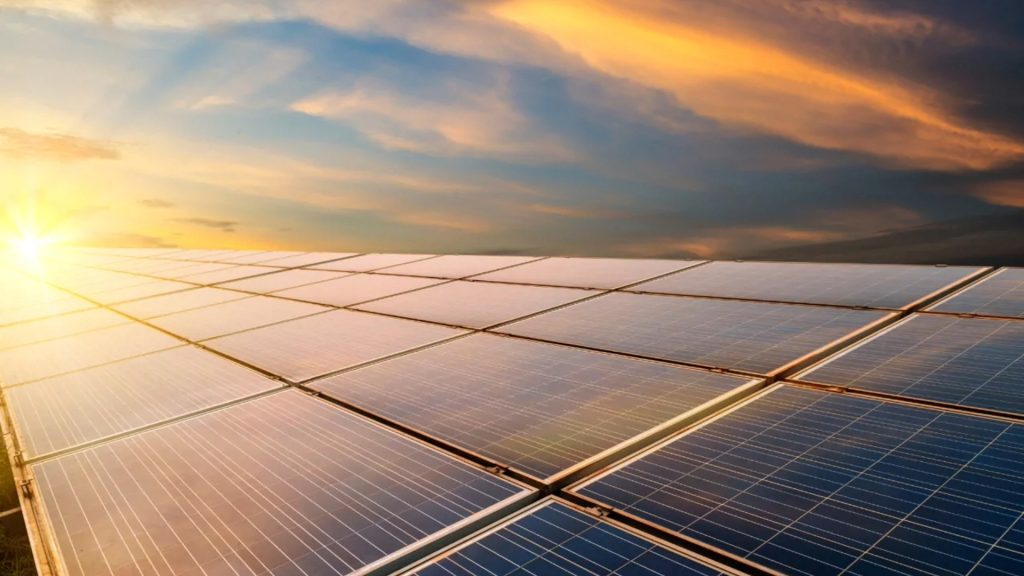
These initiatives not only reduce greenhouse gas emissions but also offer individuals financial savings. The shift toward clean energy is a crucial step in the global fight against climate change, and personal actions play a vital role in this collective effort.
Scientists Urge Us To Move Away From Dirty Energy
The move away from dirty energy sources, like coal and oil, towards renewables has stirred debate. Critics argue that while renewables offer promise, their production and disposal can still harm the environment. For instance, manufacturing solar panels can produce greenhouse gases, and wind turbines require significant resources.

Advocates stress the need for sustainable practices, such as recycling and reducing waste, to minimize these impacts. This discussion shows the importance of ensuring that our transition to cleaner energy sources is effective and environmentally responsible.
Innovations Leading the Way to Sustainability
Advances in solar technology promise a more sustainable and efficient future, making solar energy more accessible and effective as a key component of the world’s energy mix.

For example, the success of China’s high-speed rail network offers insights into efficient and sustainable transportation solutions that reduce carbon footprints and enhance travel experiences.
Other Warning Bells for Global Ecosystems
The decline in honey production indicates broader ecological issues, including habitat loss, pesticide use, and climate change.

This situation calls for urgent action to address the factors contributing to the decline, underscoring the importance of bees and other pollinators to food security and ecosystem health.
The Role of Technology in Monitoring Climate Change
Climate scientists turn to advanced technology for more accurate climate modeling and monitoring, offering a glimmer of hope in the fight against climate change.
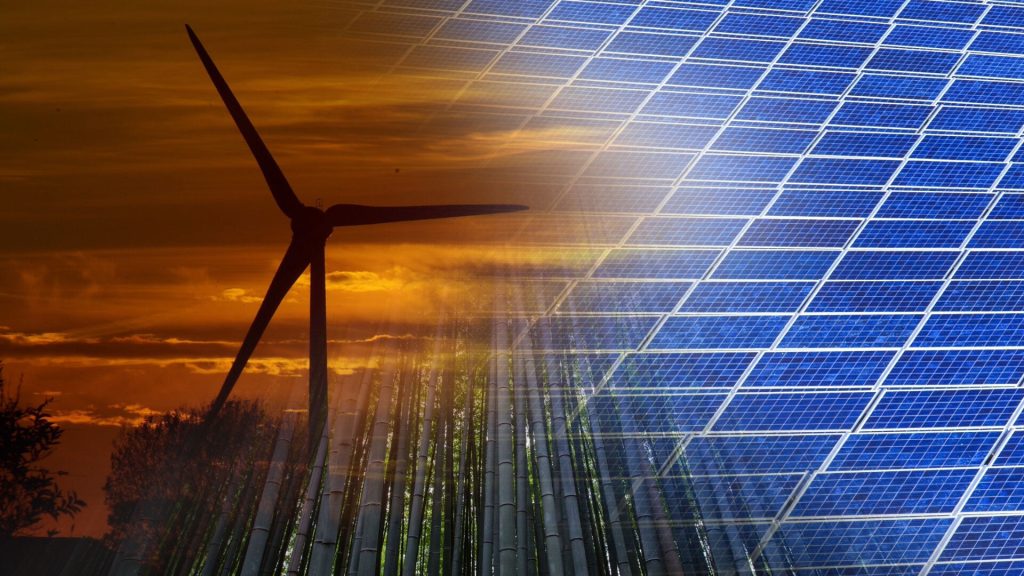
Using cutting-edge climate monitoring and modeling technology offers new insights and hope in addressing climate change.
Powering Change Through Policy and Innovation
Transitioning away from fossil fuels to clean energy sources is cited as the most effective strategy to combat global warming.
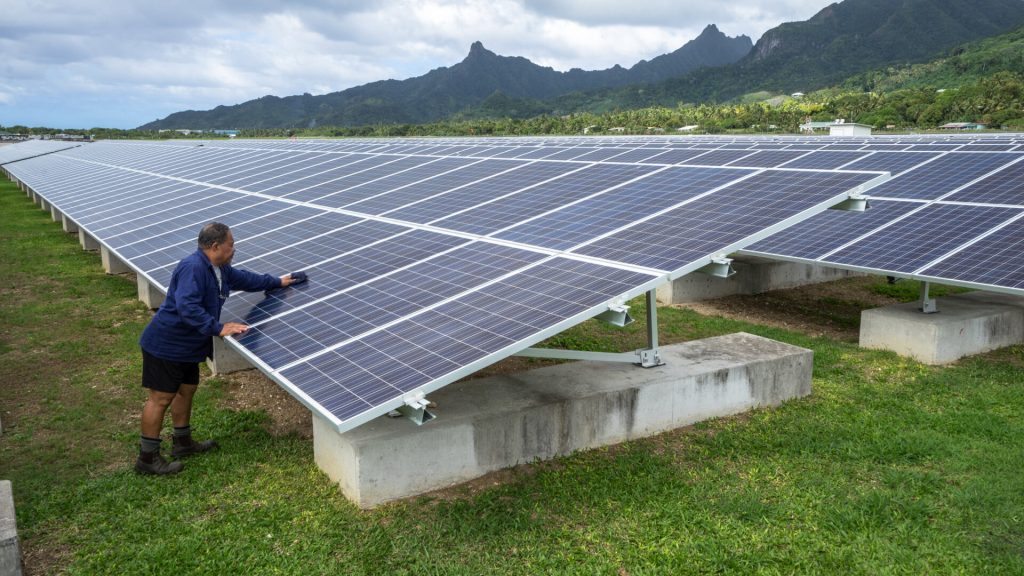
Initiatives like the Inflation Reduction Act in the US encourage the adoption of renewable energy, offering hope through financial incentives and technological advancements.
Walking Towards a Waste-Free Future
The concept of circular economies, where waste is minimized, and materials are continuously repurposed, presents a compelling framework for addressing the planet’s waste crisis and moving towards a more sustainable future.

As the planet stands at a crossroads, our actions will determine our global ecosystem’s health and viability for centuries to come.
Every Action Counts
Experts emphasize that individual actions, like reducing energy consumption and minimizing plastic use, are critical in combating climate change. Simple measures can profoundly impact reducing the planet’s carbon footprint.
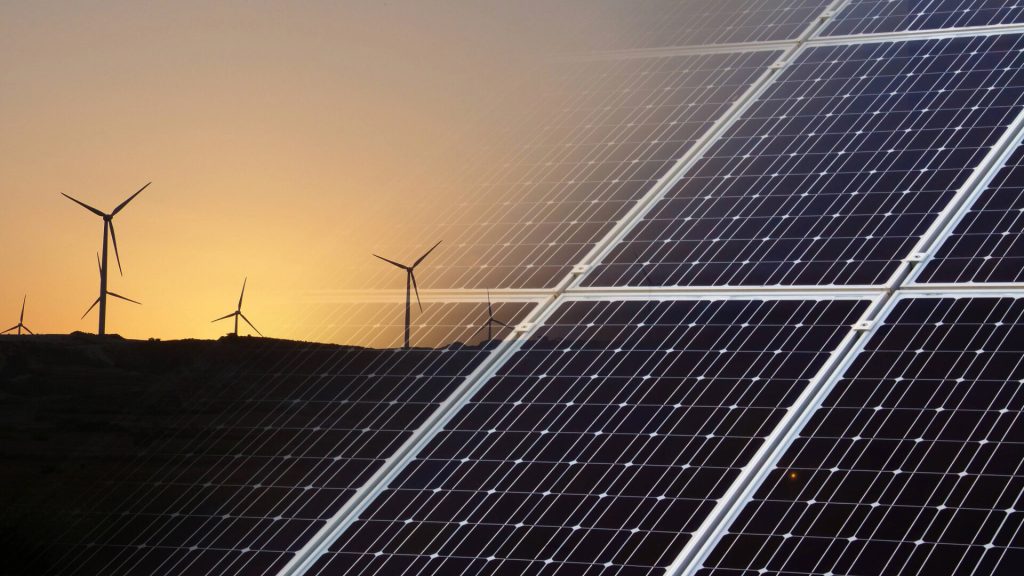
The findings from the Corbassière glacier call for immediate and decisive action against global warming; while scientists continue to unravel the impacts of climate change, it becomes increasingly clear that preserving our planet requires a collective effort from governments, businesses, and individuals alike.

